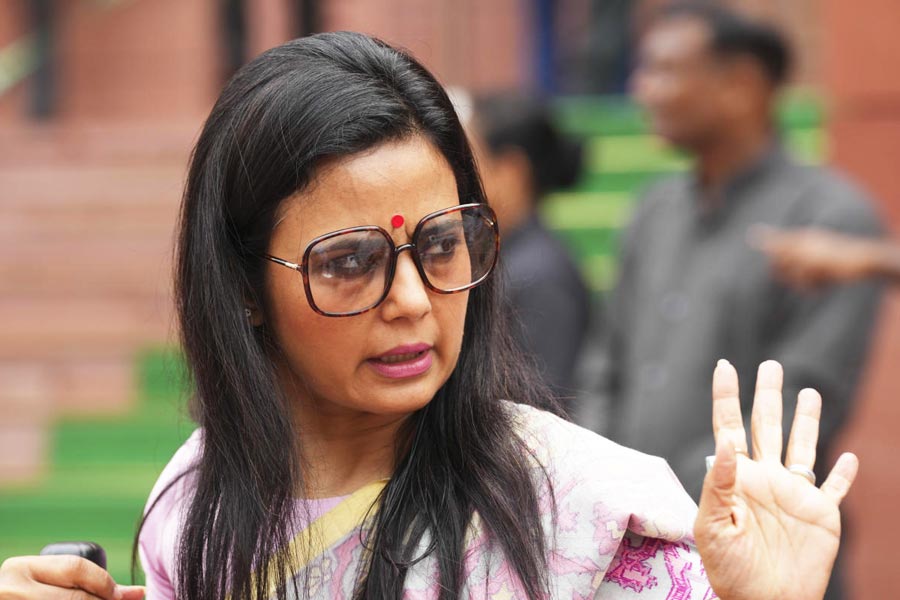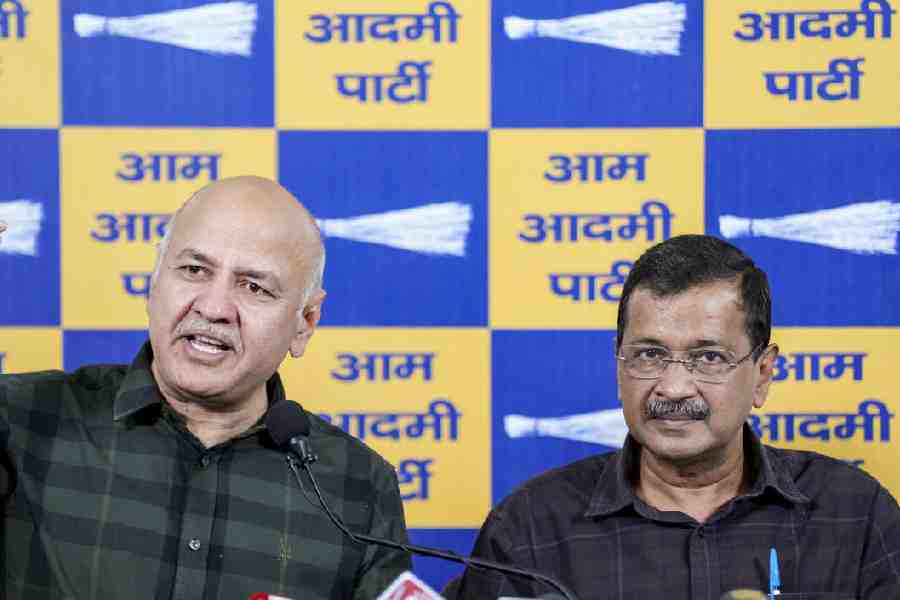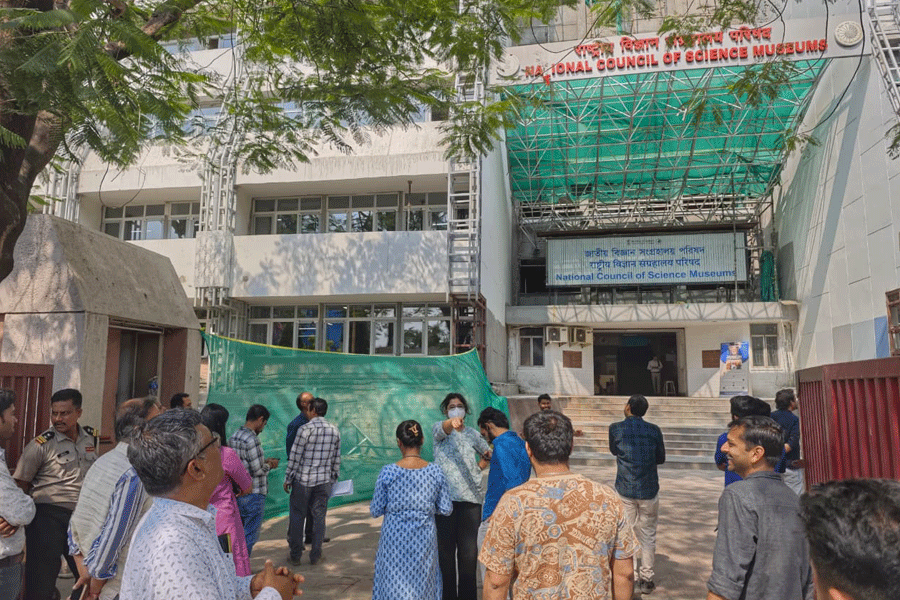The simmering tensions between the Union government and several southern states, particularly Tamil Nadu, over the implementation of the National Education Policy 2020 have brought to the fore critical questions about federalism, state autonomy, and equitable governance in India. Tamil Nadu’s outright rejection of the NEP, coupled with Karnataka’s decision to withdraw it and craft its own state education policy, underscores a broader resistance to an overreach by the Centre into domains traditionally governed by states. This clash is not merely about an education policy but a microcosm of the larger struggle between centralisation and regional autonomy in India’s highly valued federal structure. At the heart of this conflict lies a fundamental question: can the Union government coerce states into compliance by leveraging financial power? And, more importantly, what are states’ constitutional rights in managing their education systems? These questions are not just academic; they strike at the core of India’s democratic and federal principles.
The Indian Constitution delineates the roles of the Union and the state governments in education. Historically, education was a state subject under Item 32 of the State List, granting states jurisdiction over universities and schools. However, the 42nd Constitutional Amendment (1976) moved education to the Concurrent List, allowing both the Centre and states to legislate on the matter. While this was intended to promote collaboration, it has, unfortunately, increasingly been used by the Union government to introduce sweeping reforms that often sideline state autonomy.
Tamil Nadu’s opposition to the NEP is deeply rooted in its historical and cultural context. The state has long championed a two-language policy (Tamil and English), a legacy of the vision of the former chief minister, C.N. Annadurai, to protect regional linguistic diversity and resist the imposition of Hindi. The NEP’s three-language formula, which includes Hindi, is seen as a direct threat to this linguistic equilibrium. For Tamil Nadu, language is not just a medium of communication, it is a marker of identity and cultural pride. Hence, the NEP’s perceived imposition of Hindi has reignited fears of linguistic hegemony, a sentiment that resonates across many non-Hindi-speaking states. Naturally, the NEP’s push for centralised control over higher education has raised alarms. The Draft UGC Regulations 2025 propose giving the Union government greater authority in appointing vice-chancellors and managing state universities, effectively sidelining state governments that fund nearly 80% of public university expenses. This centralisation undermines the states’ constitutional rights and creates an imbalance in the federal structure.
Another important grievance of southern states is the disproportionate allocation of funds. Tamil Nadu, Kerala, and Karnataka contribute substantially more to the national exchequer than they receive in return. According to reports by the Reserve Bank of India, for every rupee Tamil Nadu contributes in taxes, it receives only 29 paise in return, compared to states like Uttar Pradesh, which receive significantly more. This fiscal imbalance is aggravated by the Union government’s conditional approach to fund allocation, particularly tying financial support to the implementation of Centrally dictated policies like the NEP. For instance, due to its refusal to implement the NEP, Tamil Nadu is yet to receive funds under the Samagra Shiksha Abhiyan, a flagship scheme for school education. This denial of funds raises profound constitutional concerns. Sadly, this led to the chief minister of Tamil Nadu, M.K. Stalin, openly stating
that the state would reconsider paying taxes to the Union government. By leveraging financial allocations as a compliance tool, the Union government risks undermining the principles of federalism and democracy.
The imposition of the NEP is not an isolated instance of federal encroachment. For instance, the increasing role of governors — appointed by the Centre — in state governance has further eroded federal principles. Tamil Nadu’s governor, R.N. Ravi, has repeatedly acted in opposition to the elected state government, from delaying the passage of bills to interfering in university administration. Kerala has faced similar challenges with the former governor, Arif Mohammed Khan, being accused of overstepping his constitutional role. While the Supreme Court has consistently reaffirmed that governors must act on the advice of the council of ministers, enforcement mechanisms remain weak. The use of governors to obstruct state policies, coupled with financial constraints imposed on non-Bharatiya Janata Party-ruled states, reflects a larger pattern of centralisation that threatens the democratic fabric of India’s federal structure. Beyond governance concerns, the NEP and Draft UGC Regulations 2025 also risk compromising academic integrity. Allowing non-academics in vice-chancellor appointments raises concerns about political interference. Removing the Academic Performance Indicator system makes faculty promotions subjective. Emphasis on private funding and industry ties may commercialise education, prioritising corporate interests over academic excellence. These changes could weaken academic rigour, research quality, and institutional autonomy.
What should be done to address these challenges? First, judicial intervention remains a crucial option for states to challenge the NEP and the UGC’s regulations in the Supreme Court, citing violations of federal principles. Despite the slow judicial process, this remains a powerful option for the states. Second, state legislatures must assert their authority. The meeting of ministers and representatives from six states in Bengaluru and Thiruvananthapuram on February 6 and 20, respectively, and unanimously passing a resolution rejecting the Draft UGC Regulations 2025 is a welcome step. Third, inter-state coordination is essential. Southern states, which share similar concerns, must form a united front to negotiate better financial and policy terms with the Union government. Finally, public mobilisation is critical. Engaging civil society, student organisations, and academia in debates on educational policy can build public pressure against coercive central policies.
The opposition and resistance to the NEP by Tamil Nadu and other southern states are not merely political but a defence of constitutional rights, educational integrity, and state autonomy. If the Union government continues to impose top-down policies without genuine consultation, it risks further alienating states and weakening the spirit of cooperative federalism. The solution lies in fostering dialogue, respecting state diversity, and ensuring that education remains a shared responsibility rather than a tool for Central control. The stakes are high, and the path forward must be one of collaboration, not coercion.
John J. Kennedy is Professor and Dean, School of Arts and Humanities, Christ (Deemed to be University), Bengaluru










